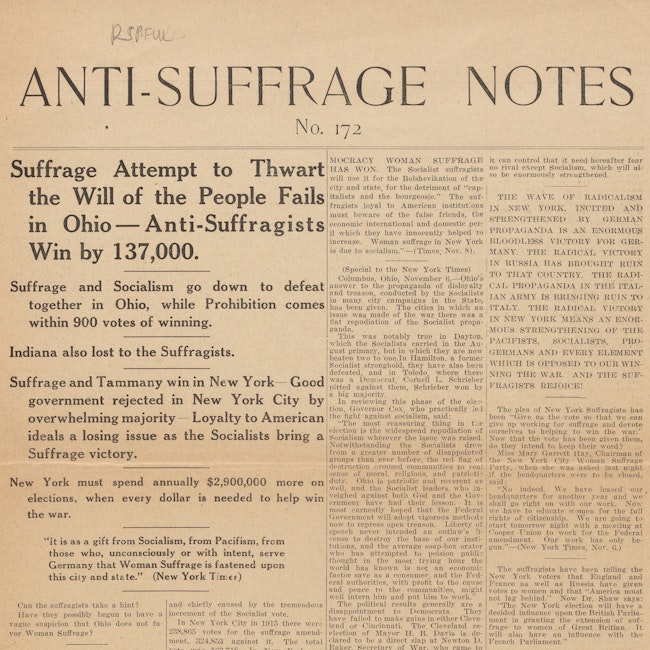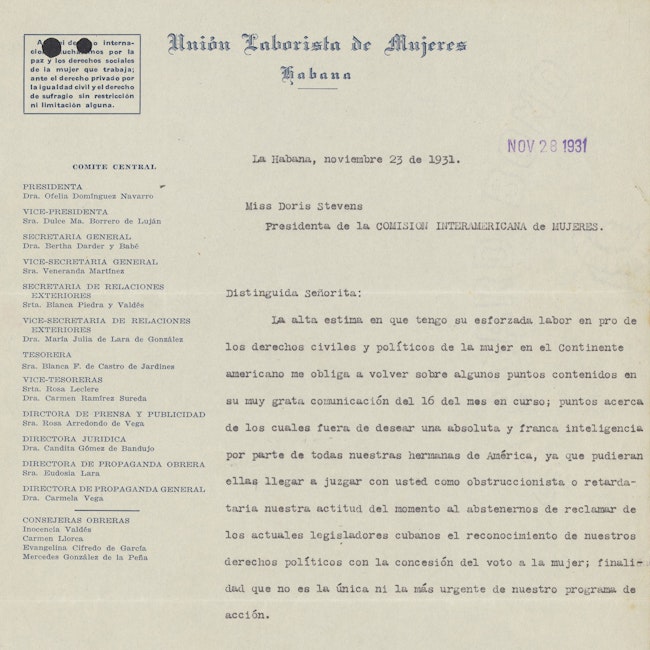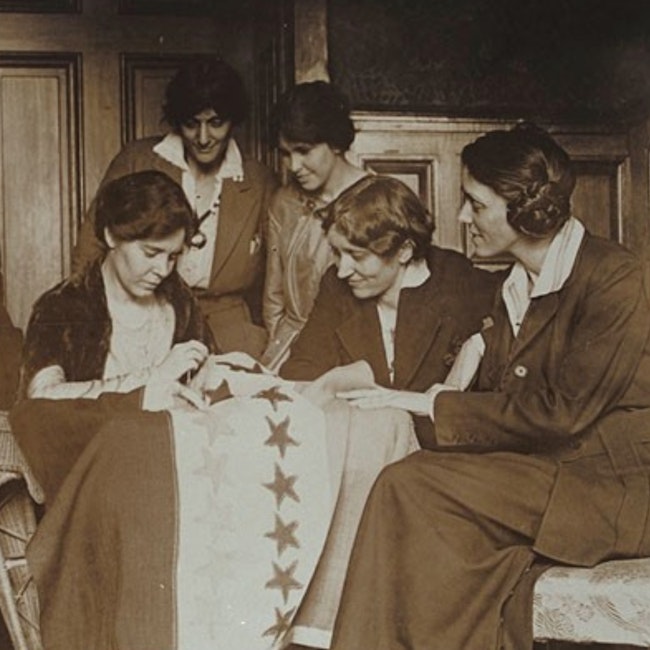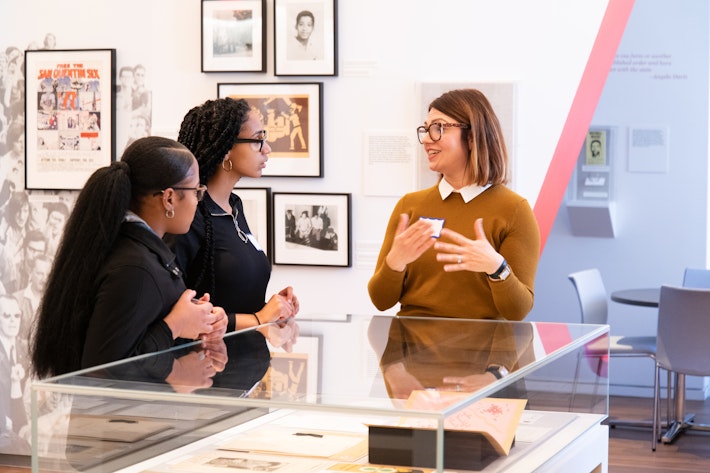Opportunities
for Educators
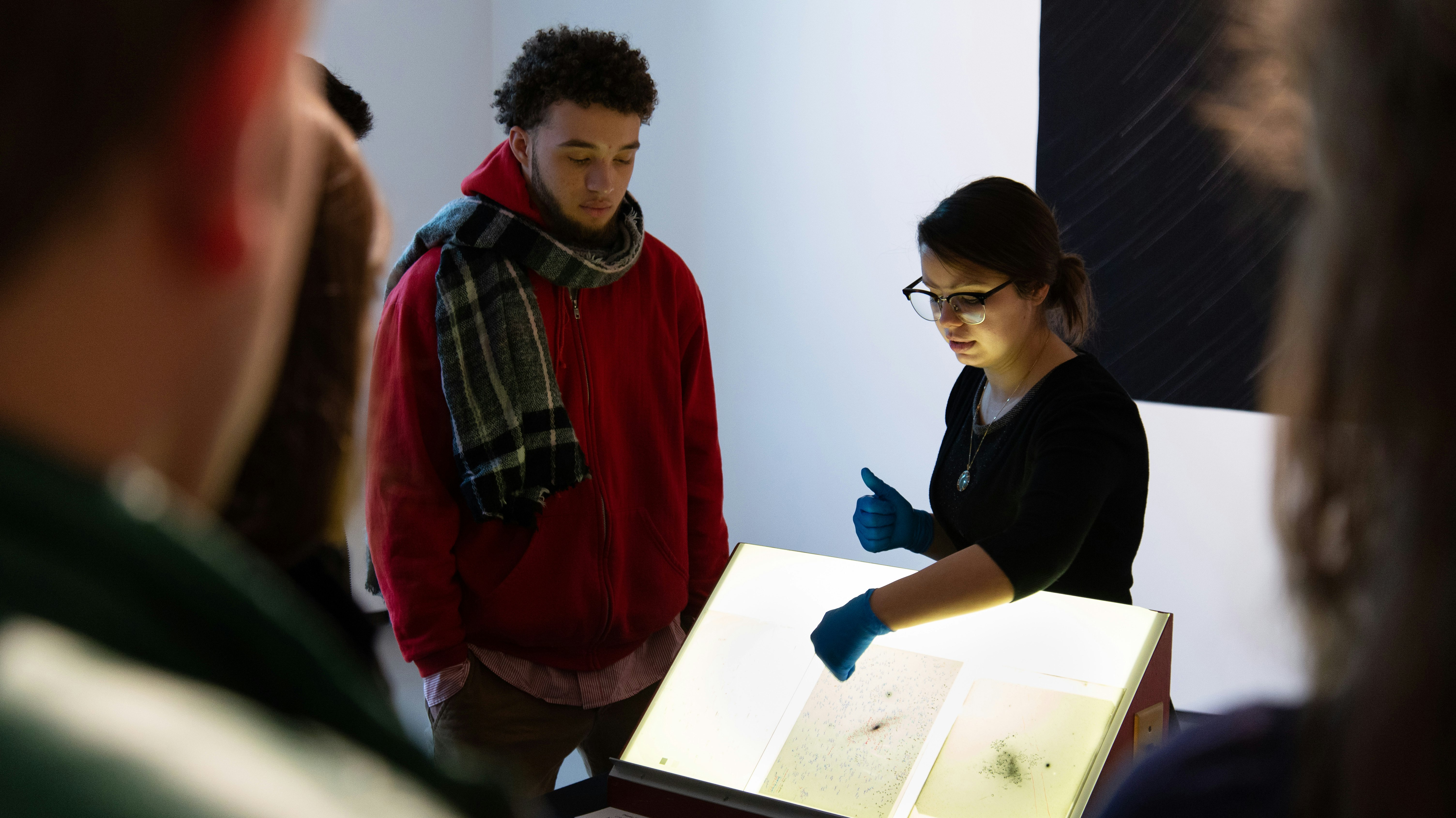
Whether you are a K–12 teacher or a college professor, Harvard Radcliffe Institute programs can help bring your curriculum to life.
In addition to grants and funding available to educators for research and curricular support, the Institute can host classes in various capacities. Teachers may partner with our Schlesinger Library to introduce students to archival research or to hold a research class in the Schlesinger's dedicated teaching space. Guided tours of our exhibitions are also available.
Teaching and Learning with Special Collections
The Schlesinger collections can bring your curriculum to life. Learn more about group exploration of these riches.

Grants for Educators
The Schlesinger Library invites school teachers in grades 6–12 to apply for support for research in our collections connected to work in their classroom. Grants of up to $3,000 will be given on a competitive basis. Priority will be given to those who have demonstrated innovative pedagogy in social studies and history, and whose proposals make a compelling case about the ways materials available only at the Schlesinger Library will be incorporated into the applicant’s curriculum plans. The awards may be used to cover travel and living expenses, photocopies or other reproductions, and other incidental research expenses, but not for the purchase of equipment or travel to other sites for research. We are currently accepting applications. All applications must be received by January 28, 2024, at 11:59 PM ET.
Apply for a Teacher Support Grant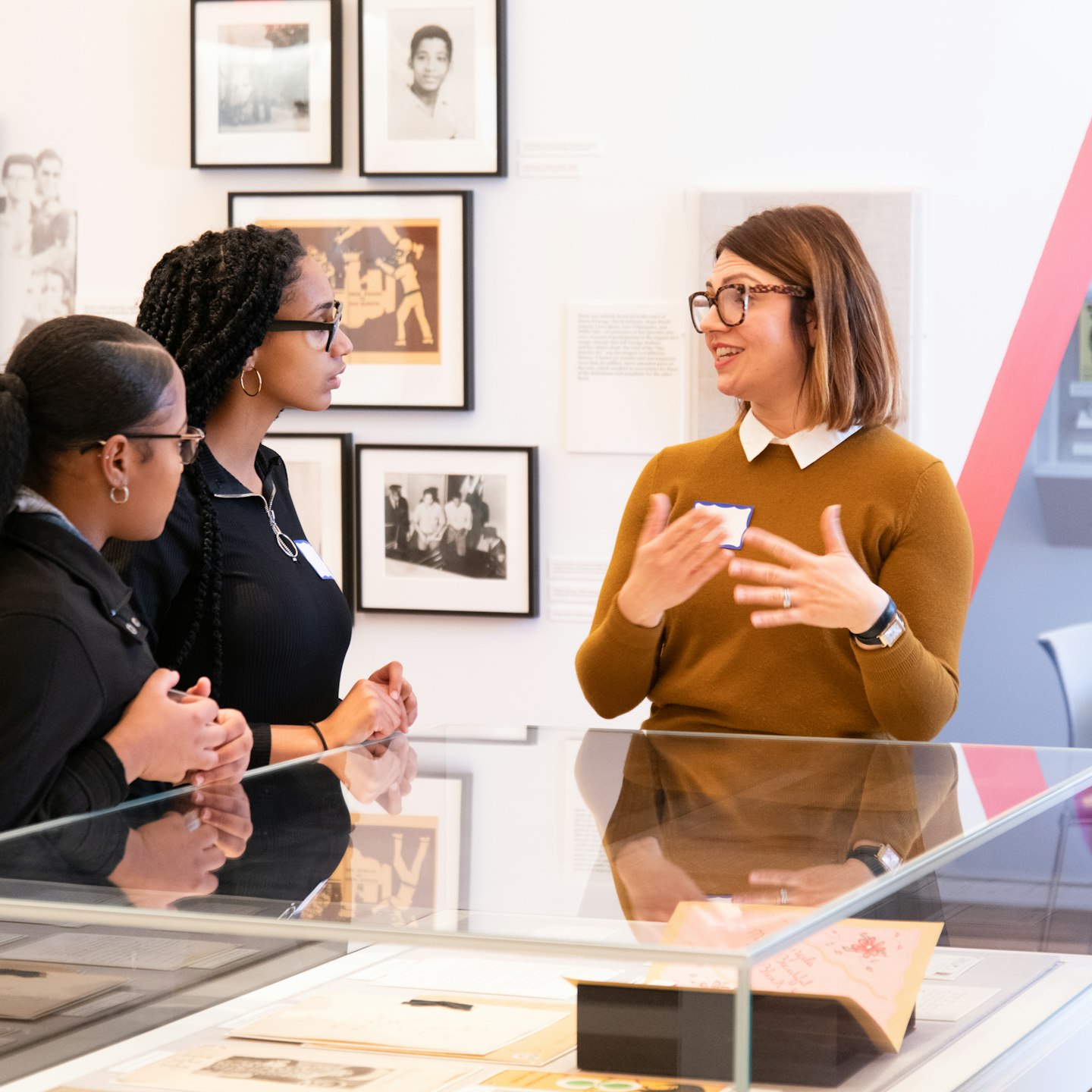
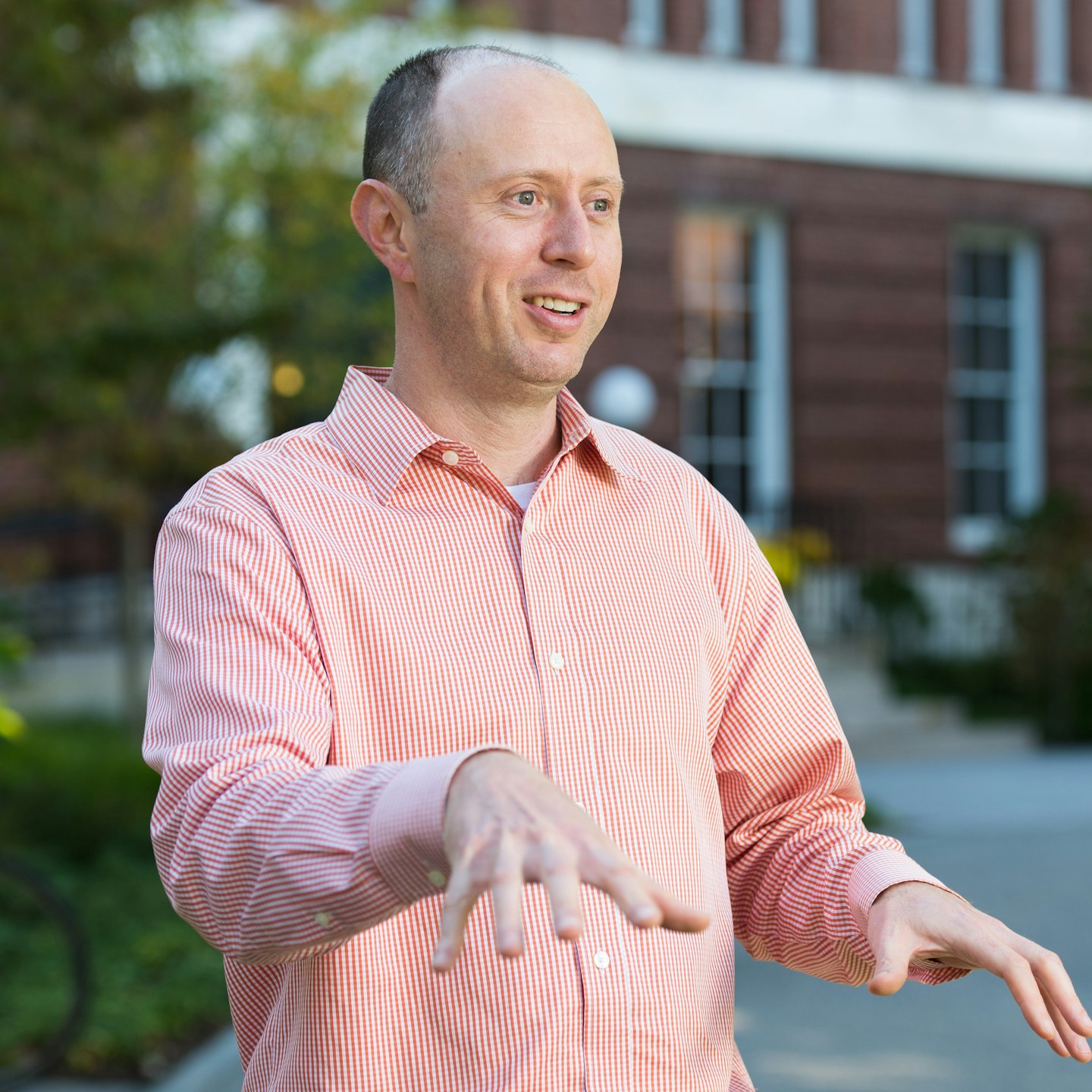
Attend a Public Event in Person
Teachers are welcome to contact us about bringing college, high school, and middle school students to attend our in-person public events.
Please direct inquiries to events@radcliffe.harvard.edu.
Gallery and Exhibition Education
Throughout the course of exhibitions, artists, students, and faculty and staff members, along with local community groups, respond to the show in a series of gallery events open to the public. The series may include live performances as well as meditations and discussions on exhibition themes. The gallery series may occur in person and online; registration is required.
View Upcoming Gallery Events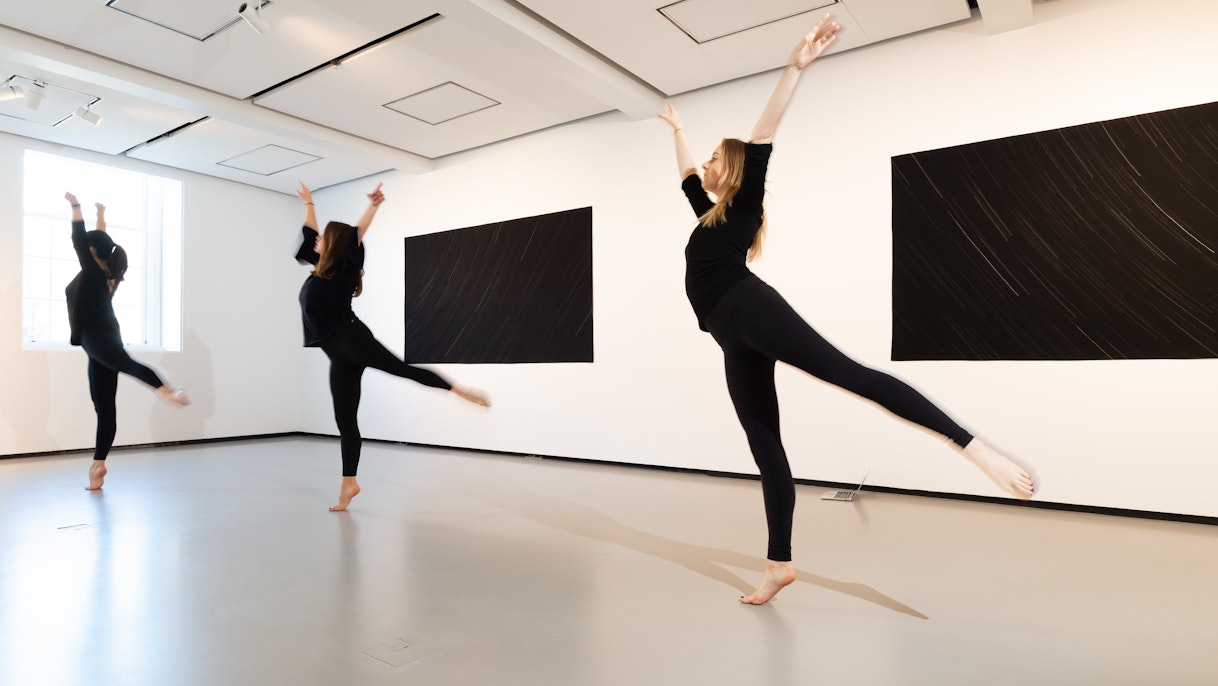
Artists, curators, students, and educators lead private and public tours for groups of all kinds. The tours engage in interdisciplinary themes present in the exhibition and can be tailored for a particular group. Gallery tours occur in person and online.
Schedule a Tour








































